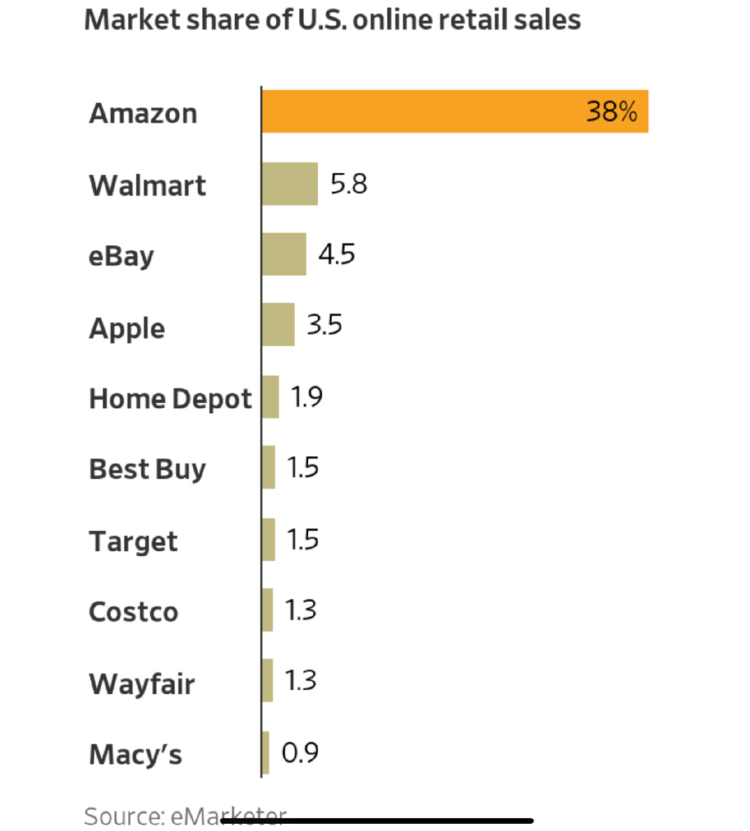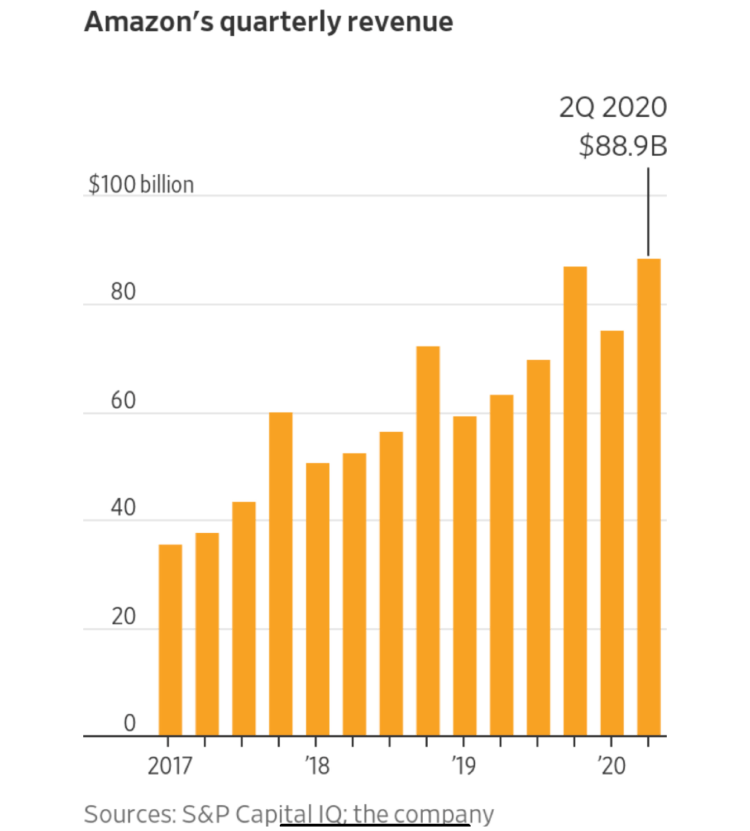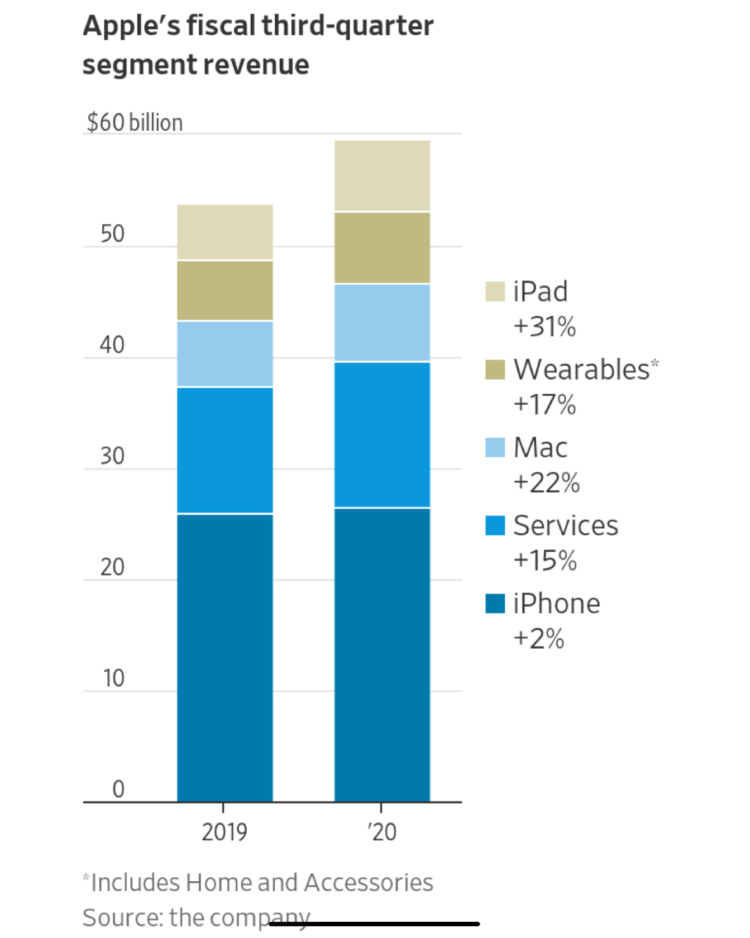World Wide Web: 5 scenarios for the future of the Internet and business
The future of the World Wide Web and that of Net neutrality are crucial issues for the future, not only of the Internet and business themselves but humanity at large. Digital sovereignty, jingoism and the once free Internet are now the context in which we are evolving, both from a business and personal point of view (the two are linked). This piece is, I hope, a not too desperate attempt at making sense of the current economic and economic-warfare situation, as well as devising scenarios for the years ahead. These are mere endeavours, and our readers are more than welcome to comment and propose alternative scenarios.
World Wide Web: 5 scenarios for the future of the Internet and business
Once, the Internet was the perfect place for freedom: freedom of speech and information, free market for all in a globalised peaceful world, a field for almost limitless opportunities. One may rightfully wonder whether freedom has now become slavery.

War is peace, freedom is slavery
These are very confusing times. Never has the world become so Orwellian. Yet, whereas Orwell had imagined a top-down authoritarian society — modelled after the late Soviet Union — what we are witnessing now is global havoc at scale. In this context, there is no top-down organisation or State imposing anything precisely on anyone. We are, on the contrary, witnessing a new order, or disorder rather, whereby everyone (superpowers, nations, peoples, pressure groups and globalised ultra-powerful businesses) is fighting against everyone else.
As a result, digital and the Internet, in particular, have become the new economic warfare battlefield. As with all battlefields (Remember Stendahl’s Del Dongo’s crossing of the Waterloo battlefield in the Duchess of Parma), the situation is increasingly confusing, and the outcome utmost uncertain.
The facts about digital sovereignty, jingoism and the once free market
A recent wave of digital sovereignty has overwhelmed us. Not just in Europe, but all over the world. While the UK and US governments are battling against Huawei, Europe is focussing on Google, Apple, Facebook and Amazon — With mixed results.
Tech giants are not just targeted in Europe, however. What is considered an issue of digital sovereignty on this side of the Atlantic is regarded as an antitrust case in the US. Same target, different issue.
Thus, across the pond, those 4 companies are under close scrutiny. A congress hearing took place on July 29, in which all 4 CEOs were defending their case in front of sharp criticisms. Whereas the outcome is unknown, Mr Cicilline’s conclusions of the hearing were crystal clear:
“The committee’s chair Congressman Cicilline has ended the hearing with one last shot across the bows of the tech leaders.”Today we had the opportunity to hear from the decision-makers from the most powerful companies in the world,” he said.”This hearing has made one fact clear to me: These companies, as they exist today, have monopoly power. Some need to be broken up. All need to be properly regulated and held accountable.” BBC Live reporting on Giant Tech grilling by US congress on July 30, 2020
Whichever way we choose to look at it, the nationalistic, jingoistic or the monopoly angle, this question of re-regulation of the Internet is a much-needed one. That is to say, in countries where there is still free access to online resources.
However, in many other places, a tad less democratic, one will find that online freedom has shrunken considerably. As a matter of fact, there is a fine line between re-regulation, sovereignty and jingoism.
In essence, in some of these countries, namely in China and Russia, the local loop has been decoupled from the main Internet backbone. Sovereignty, in this instance, has led to the narrowing of Internet freedom, and maybe, other kinds of freedom. (As my subject isn’t geopolitics, I will not dwell on this).
In the free Western world, there are also worrying signs of political interference. We’ve witnessed US efforts to control social media, for a start (WSJ-Trump effort to rein in Social Media … 27/07/20). Yet these attempts are mostly aimed at local issues, especially with the forthcoming presidential 2020 elections.
Other attempts are less parochial, such as the Russian mingling into European politics, possibly in order to unhinge democracy and destabilise western powers. Whereas the whole world is trying to cope with the seemingly never-ending Coronavirus crisis, none of these attempts is slowing down, on the contrary.
At the same time, whereas we have already lost the best part of the free global Internet, it seems that we have retained the worst of it. Internet giants, once loved and praised, have become opaque Corporate machines with market shares that are ridiculously high and a barrier to new entrants (Bezos faces Rare Test… 27/07/20 WSJ) and Apple capitalisation makes up 110% of that of all combined large businesses of the Paris CAC40 Les Echos, 19/08/20)
(Amazon’s online market shareMarket share can be defined as a percentage accounted for by a given producer or brand in its own market. Market share = Current market of producer or brand / Current market of product all brands in the USA according to a marketer,
as quoted by WSJ, 27/07/20).
Meanwhile, as we have already commented, Europe is battling against (mostly) US predominance by launching attacks against Microsoft, Apple, Google and Facebook. Yet, even the European court doesn’t seem to be convinced (Re the Apple overturned ruling), as there are many fiscal loopholes and tax havens all across the Union (England — still part of Europe until Oct 31— Ireland, Luxembourg, The Netherlands, Estonia, Monaco, Andorra, Malta to name a few).
In countries like France (definitely not a tax haven to say the least), there have been concerns about the lack of sovereignty shown by large organisations (including government bodies and state-funded businesses) about their choice of digital or IT vendors. Yet, IT directors in that country are not keen on trying new technologies, even developed locally, rather than opt for tried and tested solutions coming from a nation still perceived as Europe’s main ally. (Why France cannot do without US digital technology – Les Echos – July 2020)
What scenarios for the years ahead?
This situation is very confusing. We are paying for years of careless deregulation on the Internet. The outcome is a pendulum effect in favour of Sovereignty. Sometimes for good reasons, and sometimes for bad ones. Mostly a mixture of jingoism, nationalism and economic warfare.
At the same time, consumers are voting with their wallets and even during the crisis, sent market values of these major digital giants — apart from Google — to the sky:
The extraordinary display of business resilience amid the sharpest contraction in history put a spotlight on Big Tech’s unstinting rise
“The extraordinary display of business resilience amid the sharpest economic contraction in history put a spotlight on Big Tech’s unstinting rise only a day after the chief executives of the same four companies were grilled by members of the House Judiciary Committee investigating antitrust concerns. Lawmakers’ questions over more than five hours of testimony reflected bipartisan disquiet with the leverage those companies have gained over a range of business and social activity.” (WSJ-31 July 2020)
It’s hard to predict the future. It’s even harder when one cannot even foresee what will happen next month both from a health and economic perspectives. After the disclosure of record economic results in the US and Europe at the end of July (over -30% on GDP in the USA), the future is hazier than it’s ever been during my lifetime.
“The Commerce Department said U.S. gross domestic product—the value of all goods and services produced across the economy—fell at a seasonally and inflation-adjusted 32.9% annual rate in the second quarter, or a 9.5% drop compared with the prior quarter. The figures were the steepest declines in more than 70 years of record-keeping.” (WSJ-30 July, 2020)
One may, however, devise a few scenarios for the years ahead.
I’m not at all certain about them, they are more like random thoughts jotted down on paper. As I found the news very confusing, and depressing, and as a result not very conducive to making sense of the situation, I designed them to help me think a little more rationally, and I’m sharing them with you for what they’re worth.
Scenario 1: The EU gets its act together, encourages the creation of European digital giants and ousts US ones. the Internet remains global amongst free nations, but as each bloc goes on working in silos, the Internet runs a risk of being split into 4 major chunks (US, Europe, Russia and China). This scenario is in my mind, regardless of my support for Europe, improbable, law-suits are interminable, Europe has not shown unity in the face of digital monopoliesMarket definition in B2B and B2C - The very notion of "market" is at the heart of any marketing approach. A market can be defined..., its tax loopholes are also a no-no. How can you accuse anyone of not paying taxes, when this is not illegal. Ikea and other European giants (Renault has been accused of tax avoidance with its Dutch scheme but the company denied) are making the most of such loopholes, why wouldn’t Apple? Besides, building European digital giants would take years, if at all possible, and no doubt that everyone would argue that they had rather be in Germany or Estonia rather than France, Spain or Italy. By the time all members have stopped squabbling, either nothing will have changed, or all US dismantled giants will have been replaced with Chinese ones. Besides, when the US and Chinese efforts are geared towards conquering the world — for better or for worse — with technology, Europe’s most unconvincing attempts are mostly aimed at protecting itself or its member states (sometimes against their will). I give this scenario a 10% chance to succeed, provided the European court makes an about-face regarding its overturned ruling of Margrethe Vestager’s law-suit vs Apple (Mrs Vestager has been Executive Vice President of the European Commission for a Europe Fit for the Digital Age since 2019.)
For non-digital giants evading taxes through Europe’s fiscal loopholes read:
- Ikea tax avoidance case
- European tax havens list
- EU tax avoidance is here to stay: As the Guardian explains, the system is rather straightforward)
- For Thierry Breton’s incantations in favour of the creation of European tech giants check Les Échos
Scenario 2: Antitrust laws are enforced by the US congress after a two-year probe. Facebook CXOs are told to step down and leave the company. Facebook’s platform is split, and its various components spun off in order to compete with one another. Other tech giants are similarly dismantled. Google’s search engine portal is separated from the advertising business and turned into a not-for-profit business. Its algorithm is spun into open source and offered to rival search engines (barring Chinese ones maybe). Multiple businesses are created on the ashes of Google (definitely kept separate from the Alphabet part of the company), new search engines pop up, existing search engines like Duck duck go come to the fore and grab significant market shares. Ditto for Amazon, Apple and maybe Microsoft. This, in my mind, is the most likely scenario. I can’t see Europe getting their act together — they disagree on almost all issues internally, and most countries are far too busy fighting for their own national interests — but monopolies are a threat even to the US economy. Besides, in the tech-race against China, Uncle Sam has a vested interest in having well over 5 tech giants, even though a tad smaller, as well as battling the Chinese behemoths that are threatening its shores. Chances are that, before Mr Breton has managed to spread enthusiasm within Brussels, the matter will be settled from DC and unilaterally as it once was with Carnegie and Mellon and the Steel trusts. Few experts believe in the dismantling of US tech giants, time will tell.
Scenario 3: Economic online warfare turns into a globalised cold war between major powers: US, Russia, China, Europe… With other areas taking sides according to political and/or economic interests. Call me an optimist, I believe that this scenario is not likely to materialise, thanks to UN and WTO intervention. I might be dreaming, though.
Scenario 4: the Internet, as we knew it, disappears and is replaced with private nation-wide or bloc-wide networks. With this scenario, Europe runs its private Internet, Russia and China sever all ties with the World Wide Web. We end up with the Europe Wide Web (EWW), the Russia Wide Web (RWW), the US Wide Web (UWW) and the China Wide Web (CWW). All 4 bloc networks are in the hands of local telcos, and two-speed Internet regulations are put in place. The free Internet gives OK access to local bloc resources, the pay per use Internet, only affordable by businesses and the rich and wealthy, provides superior bandwidth and unlimited downloads. Bandwidth is throttled for all others, this is the end of net neutrality. Businesses, once competing equally for Internet presence for SEO aren’t anymore, barriers are set, bloc by bloc, against dominant players from other blocs. This, in a sense, is already what’s happening, right in front of our eyes, and no one seems to have noticed. A combination of scenario 4 and scenario 2 is also probable.
I have no idea whether these scenarios are making sense or not. Leaving them here on this blog will make it possible for us to come to them later and check what has actually happened and whether the situation has sorted itself out by accident. As it happens this is scenario 5 for you, one where no particular decision-making body takes any real measures, but the state of things changes like it did before when Netscape and Yahoo! lost their World Wide domination almost overnight. Time will tell, let’s all cross our fingers now.
- Multicloud Synchronisation: Onecloud, Google Cloud and others - 25/04/2024
- Perceptron: A History of Neural Networks - 22/04/2024
- Networking and Growing Your B2B Business with LinkedIn - 20/04/2024







